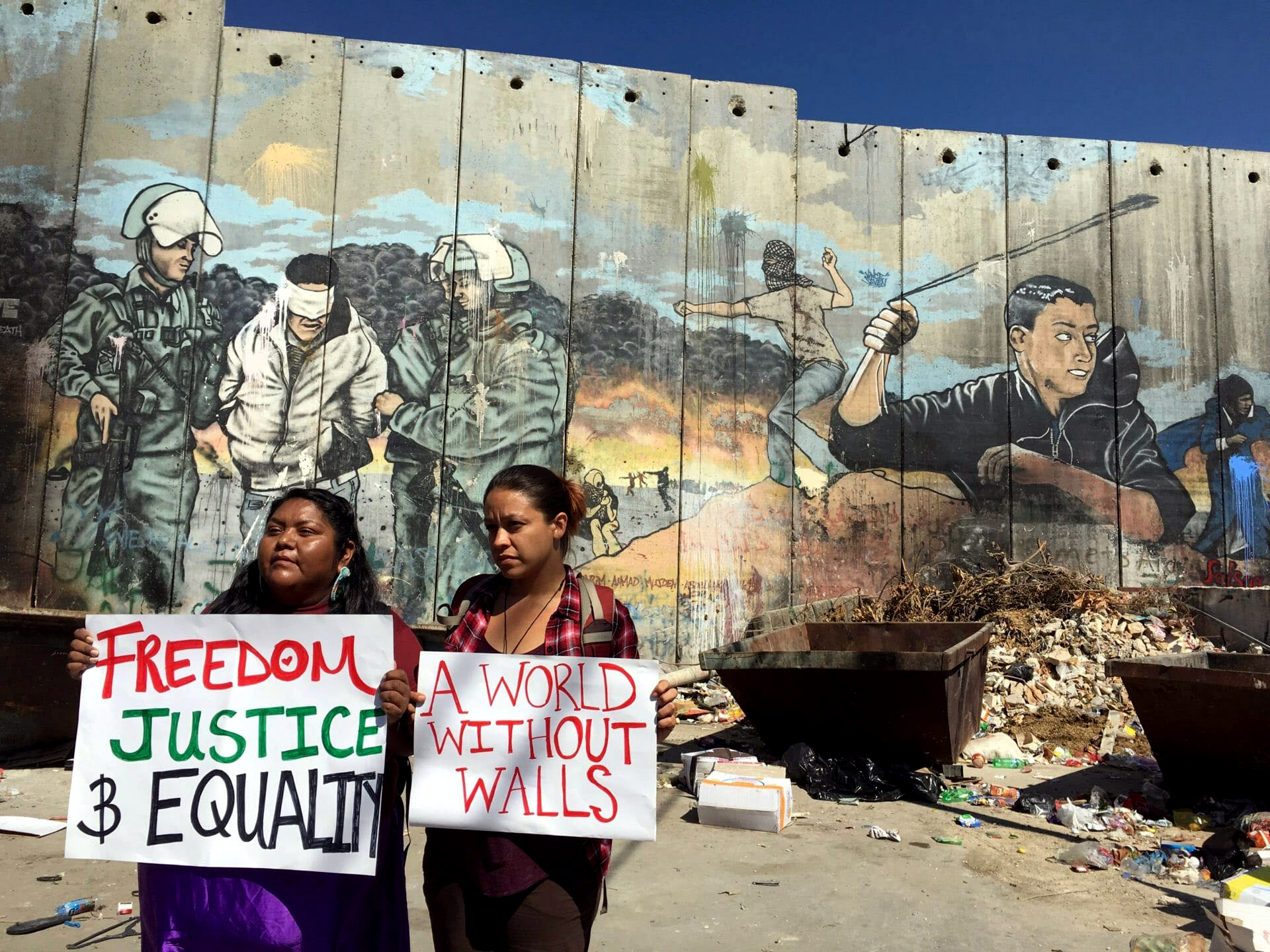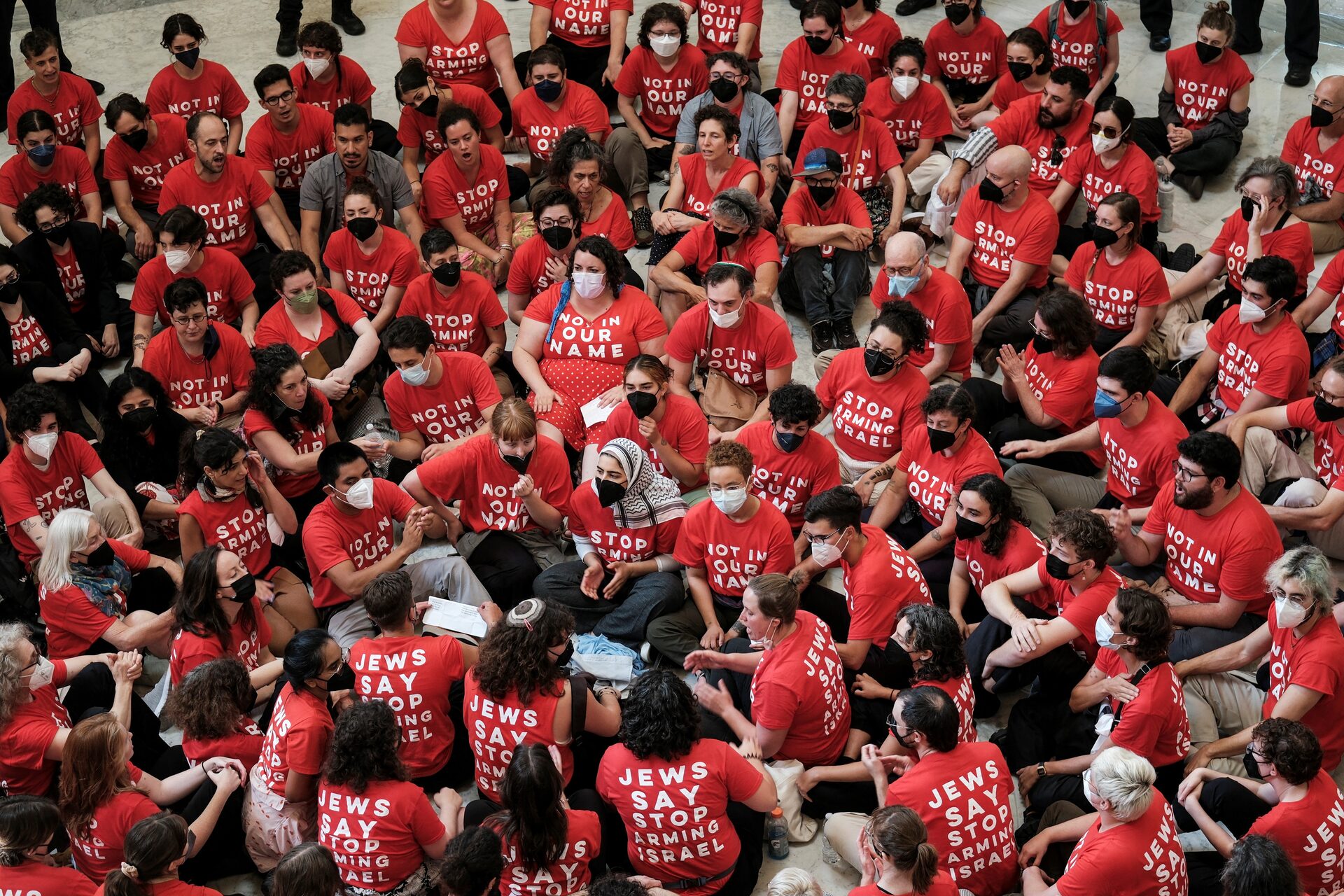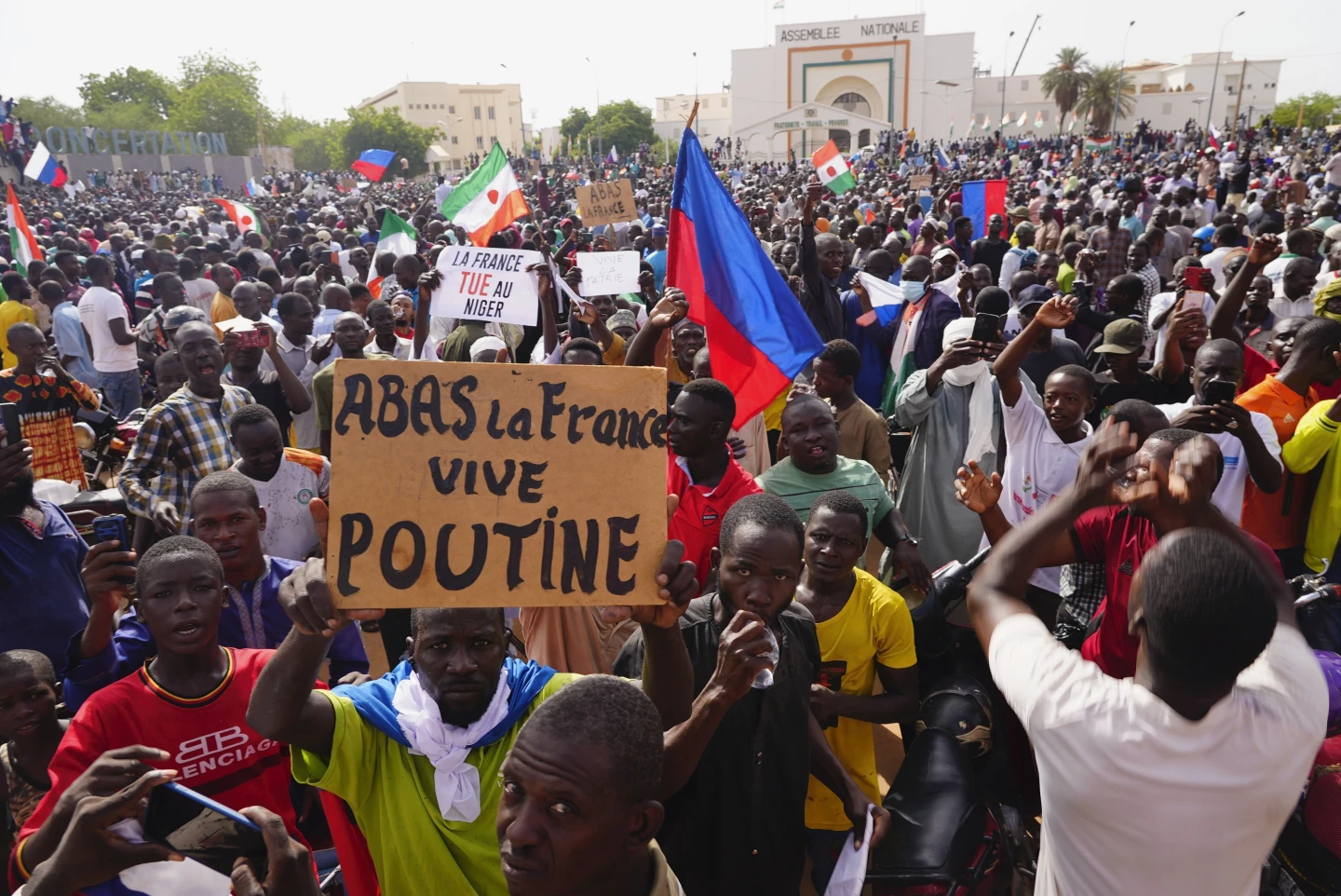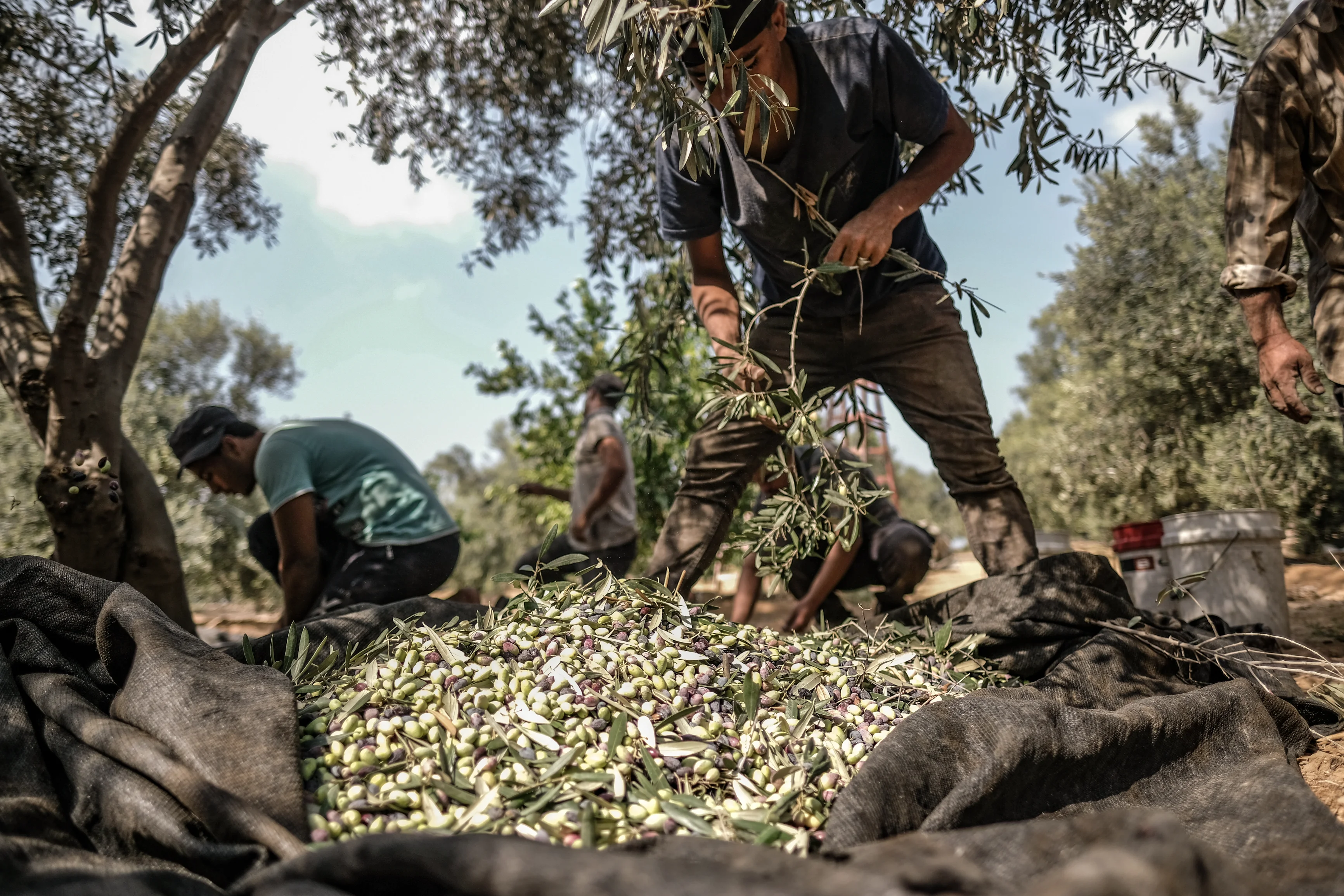We Are Students at the Center for Middle Eastern Studies. We Are No Longer Allowed to Study Palestine.
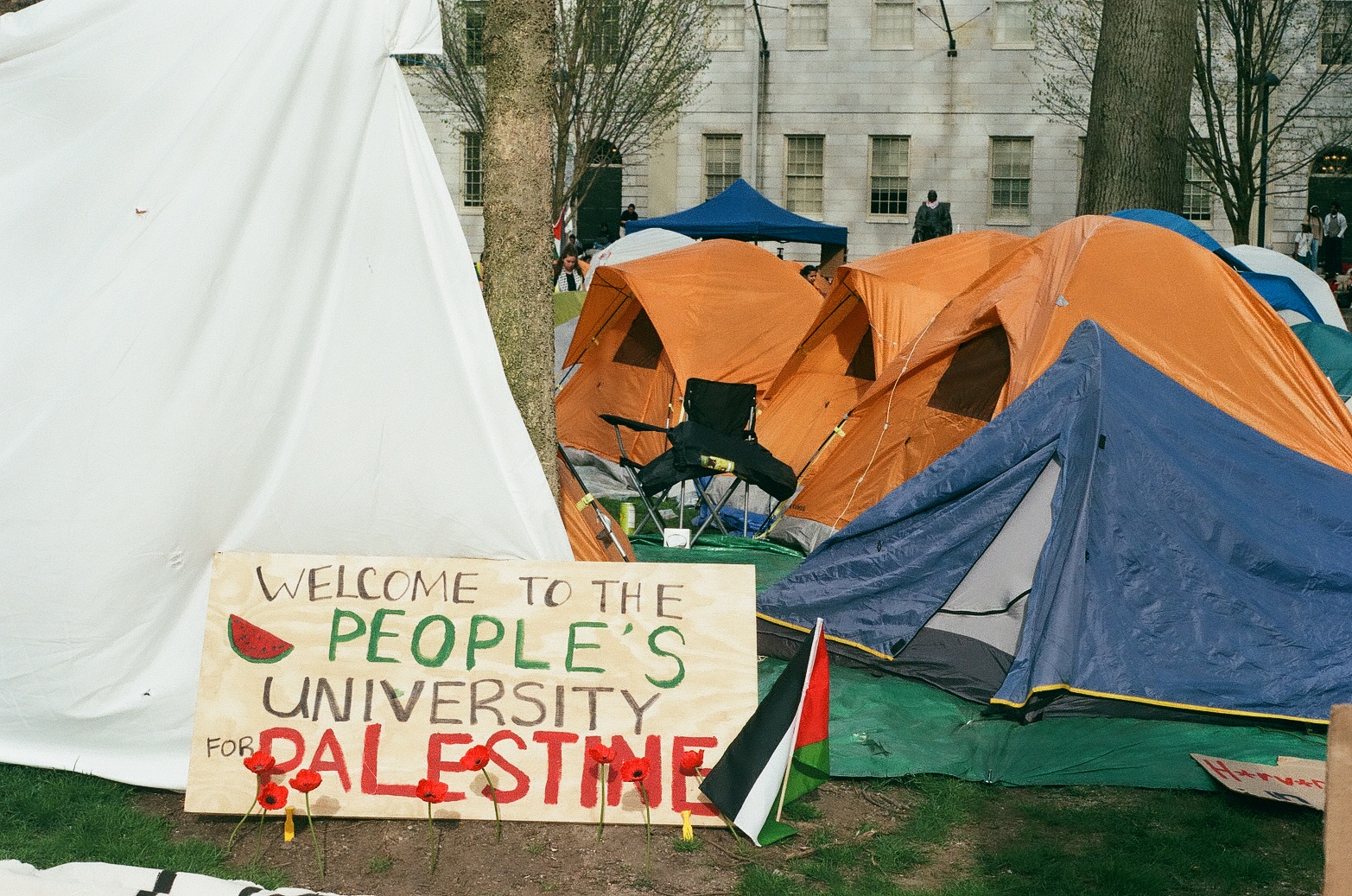
This article was written by graduate students at the Center for Middle Eastern Studies.
What does it mean to study the Middle East during the genocide in Palestine? How does one produce knowledge from within an institution that refuses every form of scholarship, study, and conversation around Palestine?
We are graduate students affiliated with the Center for Middle Eastern Studies, one of the many spaces on campus that the University administration has targeted in its collusion with the Zionist project. At the CMES this semester, scholars have been silenced, leadership dismissed, and students threatened — an escalation of Harvard’s long-standing campaign against Palestine.
Indeed, a grim transformation has taken place at 38 Kirkland Street. Gone are discussions of Palestine or the genocide in Gaza. In their place: a sanitized slate of events with an (uncritical) focus on Israel. Panels on Thai agricultural workers in Israel and Messianic settlers proceed without even a mention that the land in question has been stolen, the displacement and ethnic cleansing of Palestinians is ongoing, and Israel’s genocide rages on. Administrators frame this shift as a quest for “balance” — a word now wielded to censor rather than reveal. Inviting only scholars who decenter the genocide — or assiduously avoid engaging with it — is not neutrality, but erasure.
It is as though Middle East studies is the study of smooth surfaces, of holes in maps, and of ongoing presents that institutions want never to name. In this iteration of area studies, Palestine is absent from maps, and the ongoing Nakba, the catastrophe of forced Palestinian displacement since 1948, is tale rather than historical truth. Middle East studies as a discipline is debilitated, and knowledge on the region is actively repressed as the region is violently remolded.
Let this be a warning: The rot is not confined to Harvard. The University administration’s gutting of the CMES is a test case — a model of suppression that may soon be replicated. The future of Harvard’s CMES is bleak, and with it, that of Middle East studies at large.
As scholars of the region, we are incensed but not surprised. Harvard has long been a pillar of the United States’ imperial project — and imperial incursions are always accompanied by efforts to reshape academic discourse in the service of power, from the Cold War to the 2003 invasion of Iraq. Palestine today is merely the latest front in this project.
Yet as history shows, such attempts always meet resistance — a resistance that endures.
As talks move from University classrooms to community spaces, and mutual learning proliferates inside encampment tents, students have embraced the model of the “people’s university.” It is always from dissent that knowledge becomes a tool for resistance; scholarship becomes critical when it is committed to liberation.
It is always from dissent that knowledge becomes a tool for resistance; scholarship becomes critical when it is committed to liberation.
That Harvard no has a center for Middle East studies worthy of today’s urgencies could mark a turning point. Middle East studies at Harvard and elsewhere ought to break from institutional forms of knowledge production and their endless loops of censorship, instead existing in solidarity with the global student movement.
As such, to study no longer from a research center but from the trenches of the academy is to resist. Resistance means refusing the silences masked as scholarship, the repression deemed new horizons by university administrators, and the erasures continuously produced by western institutions of higher education.
As students of Middle East studies — a discipline which Harvard’s CMES is no longer true to — we strive to build and proliferate spaces to speak about the genocidal present, to center Palestine, and to remember that study ought to be a form of solidarity.
